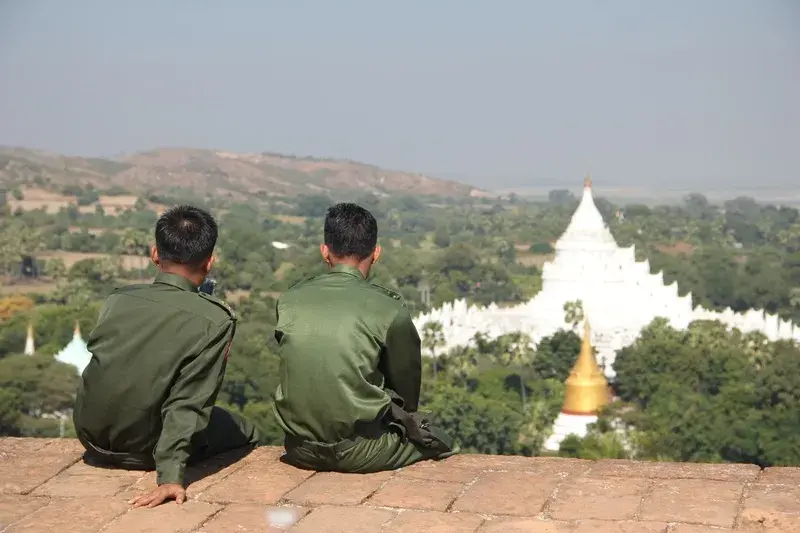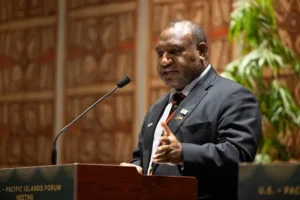In a significant diplomatic move, Beijing has successfully mediated a “formal ceasefire” between Myanmar’s military, in power since the February 2021 coup, and a rebel alliance operating in the country’s southeast.

The negotiation, held in Kunming, China, saw both parties agree to an “immediate ceasefire and withdrawal of military personnel,” according to a statement from China’s foreign ministry.
The accord also included commitments to ensure the safety of Chinese border residents and personnel engaged in projects within Myanmar. While the Chinese authorities reported a “temporary ceasefire,” the Myanmar military government confirmed the agreement.
Beijing has notably refrained from openly criticizing Myanmar’s military regime, which ousted the democratically elected civilian government and detained leader Aung San Suu Kyi on contested corruption charges.
The Three Brotherhood Alliance, composed of ethnic rebel groups in Myanmar’s Shan state, has intensified attacks on the State Administration Council, Myanmar’s military regime. These rebels claim control over numerous towns, including critical border crossings vital for trade with China.
China contends that the conflict is encroaching on its territory, reporting an incident on January 4 where a shell landed on the Chinese side of the border, causing injuries.
Chinese media has started portraying the region as a haven for criminal activities such as telephone scams, drug trafficking, and human trafficking, signaling Beijing’s growing frustration with the Myanmar regime’s inability to address these issues.
Analysts interpret China’s interest as centered on maintaining a stable border rather than specific alignment with the Myanmar government. Enze Han, an associate professor at Hong Kong University, emphasized that China desires a functional government capable of cooperation.
As China expands its role in international diplomacy, it seeks to position itself as a neutral mediator, exemplified by its involvement in brokering a deal between Saudi Arabia and Iran. The southern border area with Myanmar holds particular significance in Chinese diplomacy, evident in its recent cadre of assertive ambassadors referred to as “wolf warriors.”
However, China’s attempts to portray neutrality in global conflicts, such as Russia-Ukraine and Israel-Hamas, have faced criticism for being unconvincing. Experts argue that China’s diplomatic influence is constrained, and its calls for peace in various conflicts have yielded limited visible results.
The true test for China lies in the sustainability of the Myanmar ceasefire, considering the rapid collapse of previous agreements. Observers are keen to see whether the rebel groups can retain territory in Shan state, with their focus on territorial gains and autonomy distinguishing them from the National Unity Government, which seeks a return to democracy following the coup.
The success of this ceasefire remains uncertain, and analysts caution that it is too early to predict its long-term viability.







